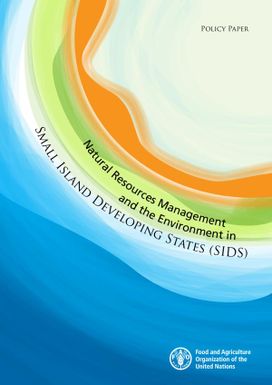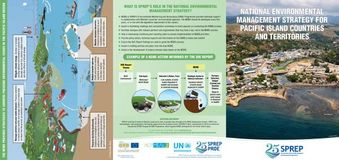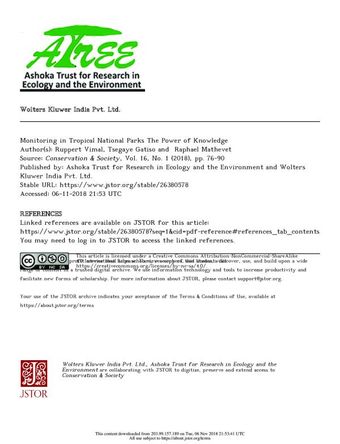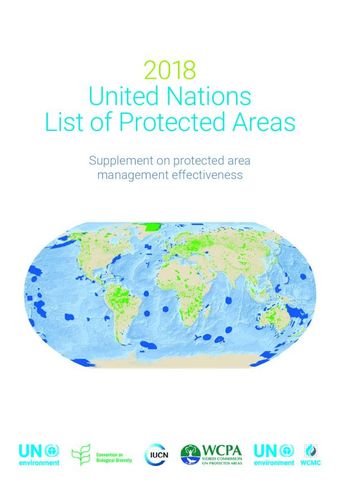Natural resources management and the environment in small island developing states.
- Description:
- The First United Nations Conference on Environment and Development held in Rio de Janeiro in 1992 (also known as the Earth Summit) acknowledged that SIDS are a special case for sustainable development (given their unique and particular vulnerabilities).This gave rise to the First International Conference on SIDS in 1994 and the Barbados Program of Action (BPOA) which is the main policy framework addressing the economic, social and environmental vulnerabilities facing SIDS. The sustainable development of SIDS was also at the heart of the Second International Conference on SIDS held in Mauritius in 2005, and the Mauritius Strategy for the further implementation of the Programme of Action for the Sustainable Development of Small Island Developing States was adopted and subsequently endorsed by the United Nations General Assembly. The United Nations Conference on Environment and Sustainable Development held in Rio de Janeiro in June 2012 (Rio+20) agreed to convene the Third International Conference on SIDS in 2014. This was later endorsed by the UN General Assembly (UNGA). The Sustainable Development of Small Island Developing States (SIDS) through Genuine and Durable Partnerships will be held in Samoa in September 2014. FAO has been involved in supporting SIDS in addressing sustainable development issues and has contributed to the regional preparatory process (i.e. Caribbean, Pacific and AIMS regions) as well as the inter-regional and global consultation process held at the UN Headquarters in New York in February 2014. The outcome documents of these preparatory meetings specifically mention topics that are relevant to FAOs core areas such as coastal zone management and ecosystem based approaches, institutional capacity to deter illegal, unreported and unregulated fisheries and increased attention to small-scale fisheries. Climate change is also highlighted as a threat to food security, natural resources (land, water, forest and biodiversity) and marine and coastal resources. This paper focuses on the environmental challenges of sustainable development issues with particular attention to natural resource management, environment and climate change in the food and agriculture sector (including crops, livestock, fisheries and forestry). FAOs agriculture, fisheries, forestry and technical assistance programmes provide considerable resources to assist member countries promote conservation, sustainable use and management of natural resources and to reduce the risks associated with climate extremes as well as resilience building.
- Display date:
- 2014
- Collections:
- Secretariat of the Pacific Regional Environment Programme (SPREP)
- Publisher:
- Food and Agriculture Organisation (FAO)
- Content partner:
- Secretariat of the Pacific Regional Environment Programme (SPREP)
- Availability:
- Not specified
-
Copyright status: All rights reservedFind out more about what you are able to do with this itemThis item is all rights reserved, with means you'll have to get permission from Secretariat of the Pacific Regional Environment Programme (SPREP) before using it. For more information, please see our use and reuse page.What can I do with this item?Non-infringing useNZ copyright law does not prevent every use of a copyright work, and this item may be hosted by an international institute or organisation. You should consider what you can and cannot do with a copyright work.No sharingYou may not copy and/or share this item with others without further permission. This includes posting it on your blog, using it in a presentation, or any other public use.No modifyingYou are not allowed to adapt or remix this item into any other works.No commercial useYou may not use this item commercially.
Related items
Welcome and warm Pasifik greetings
The information on this site has been gathered from our content partners.
The names, terms, and labels that we present on the site may contain images or voices of deceased persons and may also reflect the bias, norms, and perspective of the period of time in which they were created. We accept that these may not be appropriate today.
If you have any concerns or questions about an item, please contact us.



